World reactions to the US strikes on Venezuela
Leaders and citizens speak out following Washington’s military aggression against the Latin American country
Leaders and citizens speak out following Washington’s military aggression against the Latin American country

Sea levels in the bay of the Colombian resort have risen seven millimeters per year for the past two decades, the second-highest rate in the Caribbean after Haiti

The consumption of edible insects, a common part of the diet of some Asian and Latin American countries, is tentatively gaining ground in Europe despite the cultural divide. The EU already allows the use of four invertebrates in food products, and some chefs are experimenting with them

The Colombian president indicates that the bombing occurred at a factory in Maracaibo where the guerrillas supposedly operate, but the company denies being attacked and the location does not correspond with the information from the White House

A drug trafficker’s megalomaniac dream continues to be an unsolved problem for Colombia

For 35 years, fisherman Eusebio Webster has been fighting to protect these critically endangered turtles from commercial trade on Colombia’s Caribbean islands
The remains of hundreds of soldiers have yet to be returned to the country, and many claim they have not received the compensation promised by Kyiv
The Venezuelan diaspora in the region generates more than $10.6 billion, according to the IOM, but 30% still live without legal status
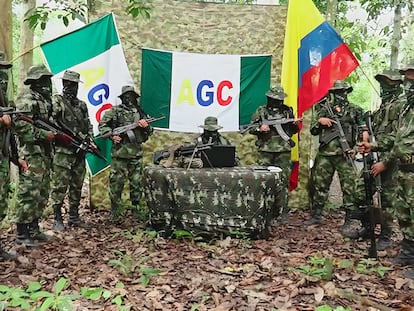
Secretary of State Marco Rubio confirms that the Colombian group has been added to the list of drug cartels being targeted by the Trump administration

The operation took place in the eastern Pacific, near Colombia

Thousands of beneficiaries from Colombia, Cuba, Ecuador, El Salvador, Guatemala, Haiti, and Honduras will have to leave the country in the coming weeks

Brayan Palencia was one of more than 200 migrants sent by the United States to Nayib Bukele’s mega-prison CECOT for alleged links to criminal gangs

Security experts detect a greater reach in the arms war of organized crime groups with the use of kamikaze-type drones and signal jammers against attacks from rivals
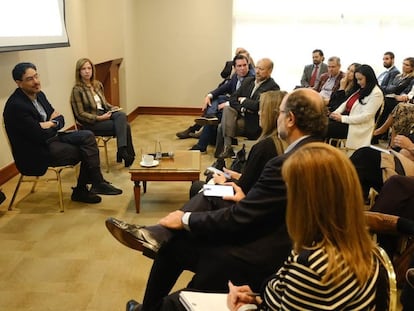
Following a meeting between the leftist presidential candidate and a business association, supporters of former president Alvaro Uribe are urging the private sector to abandon its traditional caution
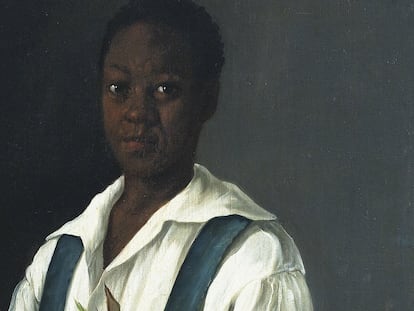
Mexican psychologist Tanya Duarte, Argentine teacher Miriam Gomes, and Bolivian engineer Juan Carlos Ballivián share their firsthand accounts of what it is like to live in countries that are not traditionally associated with African heritage
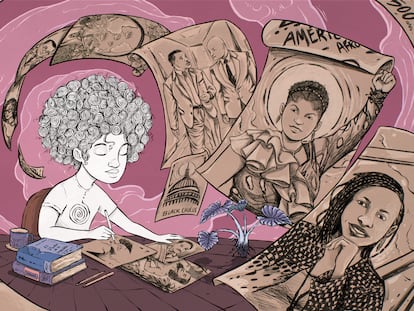
In the early 2000s, a group of Afro-Colombians went to Washington to pressure their president, who was negotiating a free trade agreement. They wanted to ensure that Black people would be appointed to the Colombian government. Now, Black women’s collectives are paving the way for political inclusion in Latin America

A study compared civil service salary caps in 11 countries as Congress debates public administration reform in a nation with particularly high social inequality
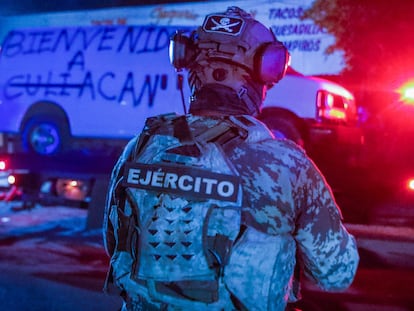
As drug production and trafficking increase across the continent, criminal groups of all sizes are diversifying their operations and increasing their firepower. Governments, meanwhile, stumble between hard-line policies and paralysis

The South American country has become the seventh nation to try to stop the group, which has been charged with sexual abuse and trafficking
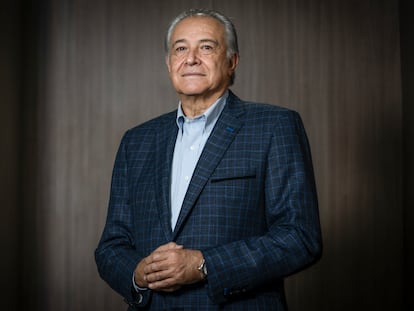
The former vice president of Colombia, who is a leading security experts in Latin America, analyzes the critical moment the region is facing and its key challenges
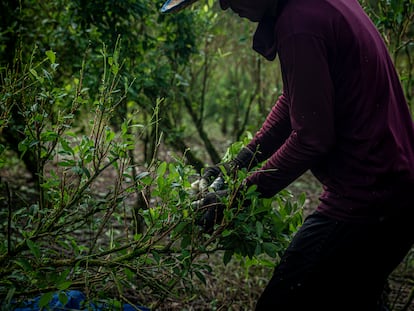
Schedule I of the Single Convention on Narcotic Drugs limits the possibility of scientific research and the exploration of alternative uses
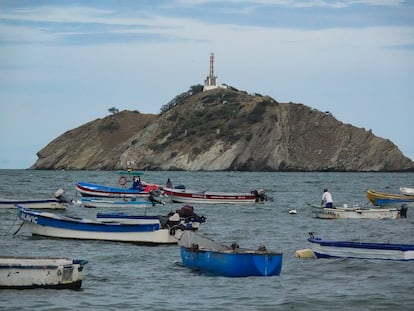
The petition was sent to the Inter-American Commission on Human Rights and is the first of its kind in connection with attacks against alleged drug-running boats

The Colombian president responded with belligerence to the US leader’s threat to attack the South American country over drug trafficking
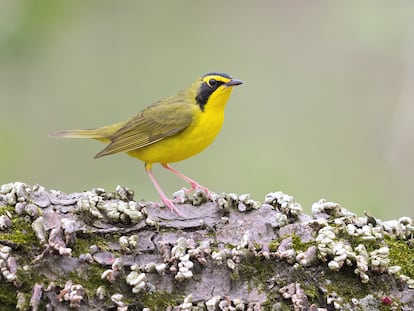
A recent study found that these endangered areas are home to up to 46% of the global populations of 40 species that nest in North America but spend most of the year further south
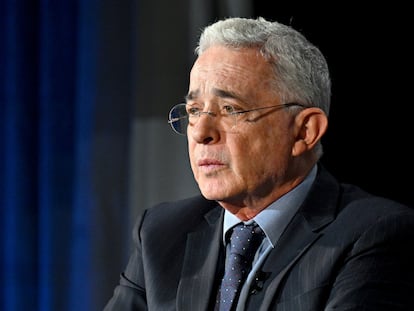
Recently acquitted of all charges in the ‘trial of the century’ that pitted him against the leftist senator Iván Cepeda, the right-wing former president now loses the momentum he had gained as a new election campaign gets underway
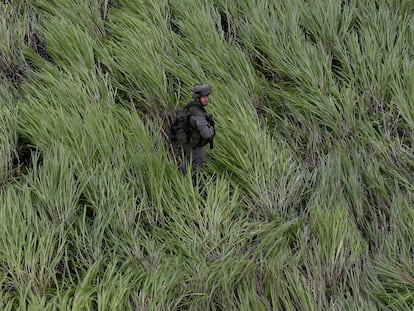
The recent deaths of 15 forcibly recruited minors in military operations have sparked an unprecedented crisis for the Colombian president
A journey to the world’s third largest exporter of the flowers reveals long working hours, pesticide exposure, illness and oftentimes-dismal wages for laborers